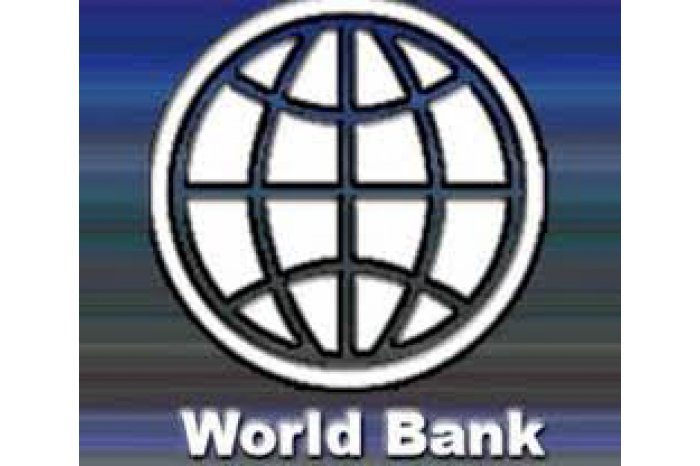World Bank: Moldova to record economic growth of 3.0 per cent in 2015
15:20 | 14.01.2015 Category: Economic
Chisinau, 14 January /MOLDPRES/ - The World Bank (WB) estimates that the Moldovan economy will grow by three per cent in 2015 and by 3.5-5 per cent in the next two years, according to the Global Economic Prospects Report, published by the Bank today.
The World Bank’s updated forecasts were made public in Chisinau in early past October. "Given the regional challenges and the less friendly financing environment and external demand, we expect a diminution of the growth from 8.9 per cent in 2013 down to 2 per cent in 2014, with a light rise to 3-5 per cent in 2015-2017," World Bank Senior Economist for Moldova Ruslan Piontkivsky said in a news conference in last October.
WB experts said that Moldova continued to be vulnerable to risks related to the foreign environment, fiscal pressure and low capacity of the financial sector. In June 2014, the Bank forecast a rise up by 3.8 per cent of the Moldovan economy in 2015 and by 4.5 per cent in 2016.
The World Bank anticipates a current account deficit of 4.5 per cent to Gross Domestic Product in 2014 and a gradual increase from 4.8 to 7.0 per cent in 2015-2017.
The report’s authors anticipate a decline of the Russian economy by 2.9 per cent and, respectively, a 2.3-per cent contraction in Ukraine in 2015, whereas the Romanian economy will increase by 2.9 per cent.
At the regional level, the World Bank estimates that the advance in the emergent Europe and Central Asia (in which Moldova is also included) slowed down from 3.7 per cent in 2013 to 2.4 per cent in 2014, as a result of a dramatic contraction in Ukraine, weaknesses in Russia and Euro zone, as well as the slowdown of the capital inflow. The prospect for the region is a modest re-launch, with an average increase of 3.5 per cent in 2015-2017, but with significant divergences among the countries. The tensions between Russia and Ukraine and related economic sanctions, possibility of a prolonged stagnation in the Euro zone and a sustained decline of prices for raw materials are the main risks in the sense of diminution as to the emergent Europe and Central Asia.
The National Statistics Bureau's data shows that the economic growth in Moldova was of 4.7 per cent in the first nine months of 2014, after a surprising 5.9-per cent rise in GDP in the third quarter, supported especially by the agriculture and services.
According to the National Bank of Moldova, the deficit of the current account of balance of payments significantly decreased by 43 per cent in the first nine months of 2014 to 228.2 million dollars, against the same period of 2013. The deficit diminished to 3.8 per cent of the GDP from 6.8 per cent in the same period of 2014.

